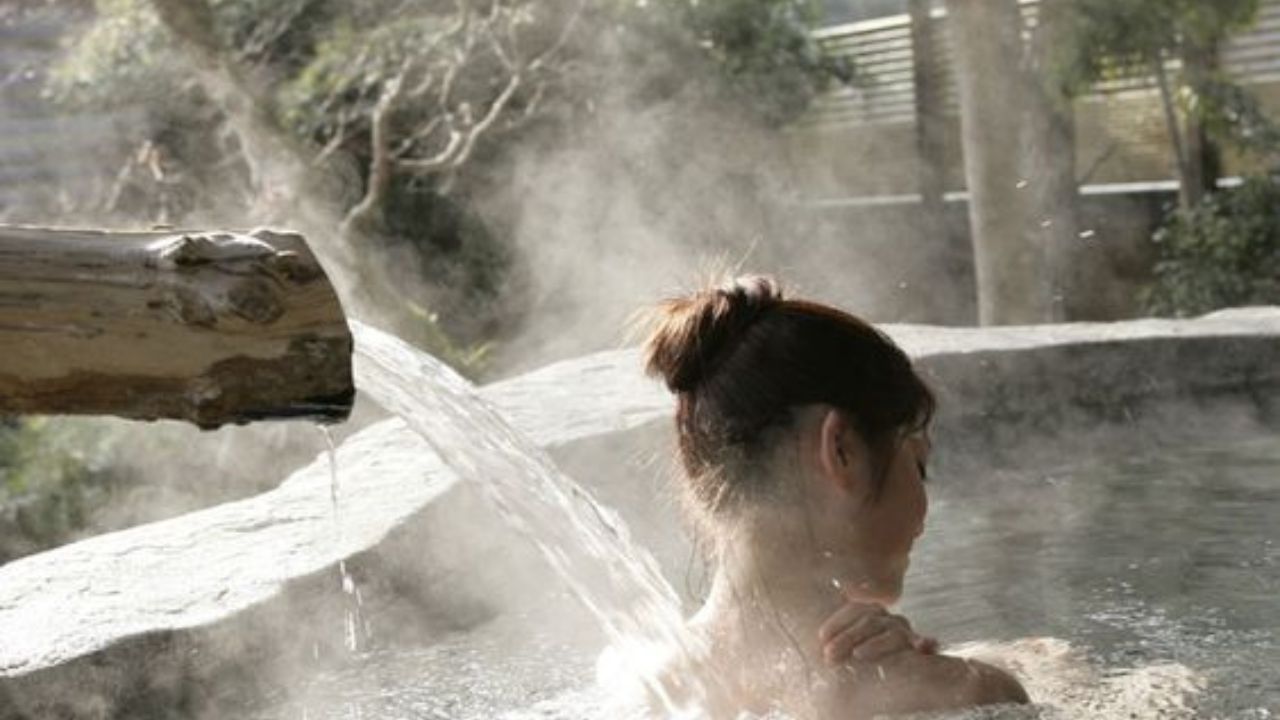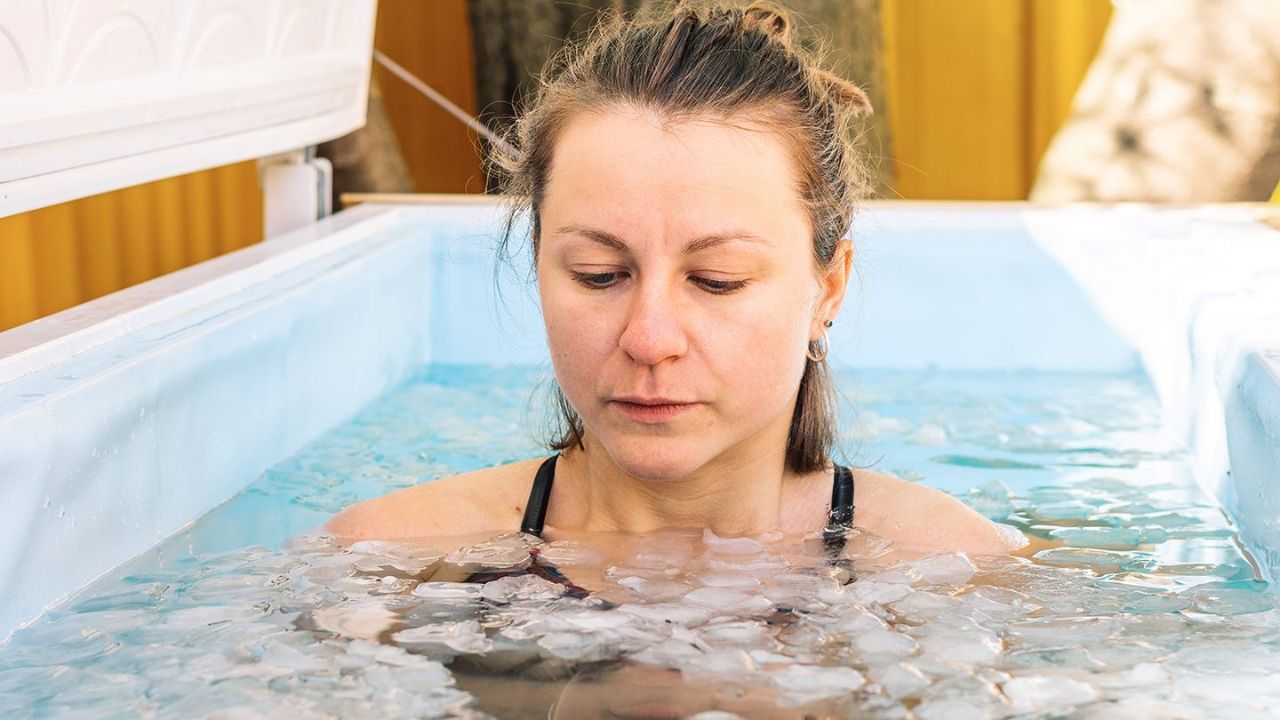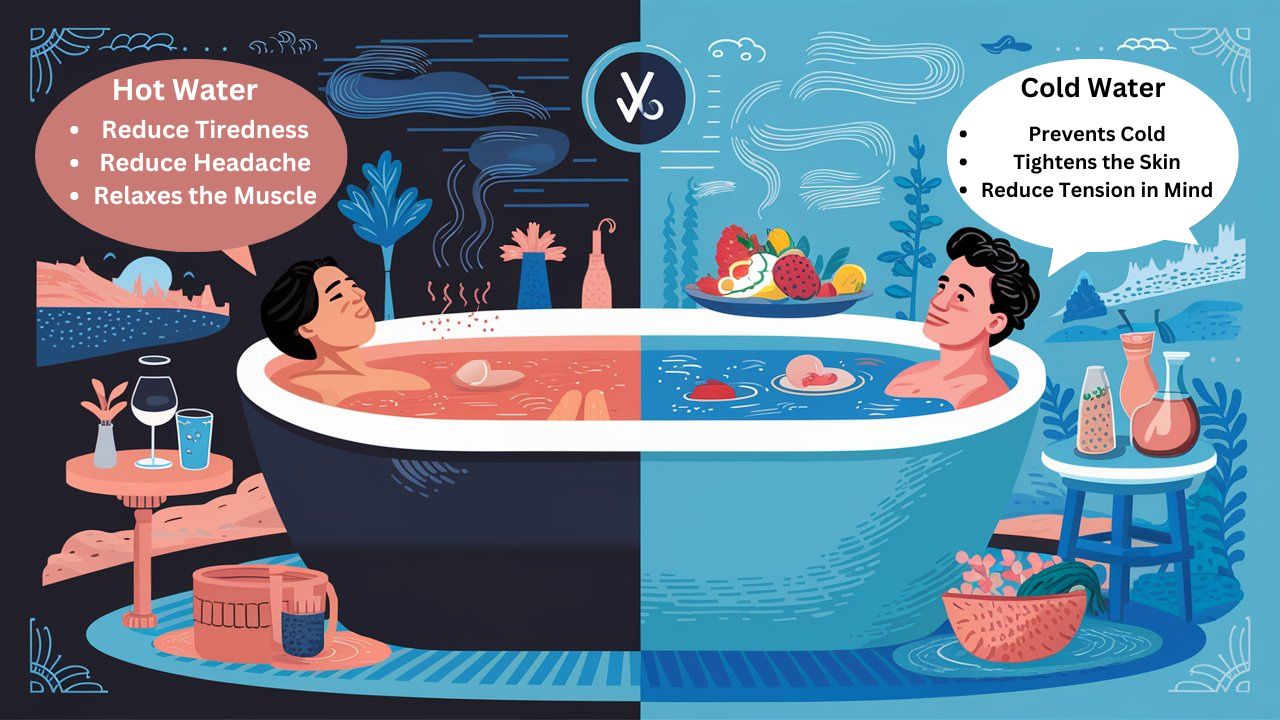When it comes to bathing, the age-old debate between hot water vs cold water bath persists. Both methods offer unique benefits and understanding the advantages of each can help you make an informed decision about what’s best for your health. In this comprehensive guide, we delve into the health benefits, potential drawbacks, and best practices for both hot and cold water baths.
The Benefits of Hot Water Baths

1. Relaxation and Stress Relief
A hot water bath is renowned for its profound ability to induce relaxation and alleviate stress. The warmth of the water works wonders on both the body and mind by promoting muscle relaxation and easing tension. As the hot water increases blood circulation, it soothes tight muscles and reduces stiffness, creating a comforting, tranquil environment. Additionally, the heat encourages the production of endorphins, the body’s natural painkillers, which further enhances the sense of well-being. This combination of physical relaxation and mental tranquility can significantly diminish stress levels, leaving you feeling rejuvenated and more at peace after a long, hectic day.
2. Improved Sleep Quality
A hot water bath before bedtime can greatly improve sleep quality. The soothing warmth helps relax your muscles and calm your mind, creating an ideal pre-sleep environment. As your body temperature rises during the bath and then gradually cools afterward, it signals to your brain that it’s time to sleep. This process mimics the natural temperature drop that occurs during sleep, helping you fall asleep faster and enjoy deeper, more restful sleep. For those struggling with insomnia or irregular sleep patterns, a hot water bath can be a simple yet effective solution to enhance overall sleep quality.
3. Muscle Pain and Soreness Relief
A hot water bath offers significant relief from muscle pain and soreness. The heat from the water helps to dilate blood vessels, which improves blood flow to affected areas, promoting faster healing. This increased circulation helps to reduce muscle stiffness and relaxes tight, knotted muscles. Additionally, the buoyancy of water supports your body, alleviating pressure on sore joints and muscles. For those recovering from strenuous physical activity or dealing with chronic pain conditions, soaking in a hot bath can be an effective way to soothe discomfort and enhance overall muscle recovery, leading to better mobility and reduced pain.
4. Skin Cleansing and Detoxification
A hot water bath is excellent for skin cleansing and detoxification. The heat opens up the pores, allowing for a deeper cleanse by helping to remove dirt, oil, and other impurities from the skin. This process also promotes sweating, which naturally flushes out toxins from the body. The warm water can improve circulation, bringing oxygen and nutrients to the skin’s surface, enhancing its overall health and appearance. Additionally, the soothing nature of a hot bath can help reduce skin irritation and inflammation, leaving your skin feeling refreshed, rejuvenated, and thoroughly cleansed.
5. Respiratory Benefits
A hot water bath offers notable respiratory benefits, particularly through the inhalation of steam. The warm steam helps to open nasal passages, making it easier to breathe and providing relief from congestion. This can be especially beneficial for individuals suffering from colds, allergies, or sinus infections. The steam helps to loosen mucus in the respiratory tract, facilitating easier expulsion and improving overall lung function. Additionally, the moist heat can soothe irritated airways and reduce inflammation, further enhancing respiratory comfort. Regularly enjoying a hot water bath can contribute to clearer breathing and better respiratory health.
The Benefits of Cold Water Baths

1. Enhanced Circulation
A cold water bath significantly enhances circulation by prompting the blood vessels to constrict. This vasoconstriction forces blood to move more efficiently towards vital organs to maintain body heat. As the body warms up post-bath, the blood vessels dilate, promoting improved blood flow throughout the body. This process not only boosts cardiovascular health but also ensures that oxygen and essential nutrients are delivered more effectively to tissues and organs. Enhanced circulation can lead to improved energy levels, better skin health, and overall increased vitality. Regular exposure to cold water can thus be a simple yet powerful way to support optimal circulation.
2. Reduced Muscle Inflammation and Soreness
A cold water bath is highly effective in reducing muscle inflammation and soreness. The cold temperature causes blood vessels to constrict, which helps to decrease swelling and numb nerve endings, providing immediate pain relief. This process is particularly beneficial after intense physical activity, as it helps to minimize delayed onset muscle soreness (DOMS). By reducing inflammation, a cold bath accelerates the recovery process, allowing muscles to heal more quickly. Athletes and fitness enthusiasts often use cold water immersion as part of their post-exercise routine to enhance muscle recovery and maintain peak performance.
3. Boosted Immune System
A cold water bath can boost the immune system by stimulating the production of white blood cells, which are crucial for fighting infections. Regular exposure to cold water triggers the body’s adaptive response, enhancing its ability to fend off illnesses. The shock of the cold water also increases the production of certain anti-inflammatory proteins, further strengthening immune function. Additionally, the improved circulation from cold baths ensures that immune cells are more effectively distributed throughout the body. Incorporating cold water baths into your routine can thus be a simple yet powerful way to enhance your body’s natural defense mechanisms.
4. Increased Alertness and Energy
A cold water bath can significantly increase alertness and energy levels. The shock of the cold water stimulates the release of adrenaline, a hormone that heightens alertness and enhances focus. This rapid boost in adrenaline improves mental clarity and cognitive function, making you feel more awake and ready to tackle the day. Additionally, the cold water increases heart rate and blood flow, which invigorates the body and combats fatigue. Starting your day with a cold bath can be an effective way to jumpstart your energy levels, ensuring you feel more alert and energized throughout the day.
5. Improved Skin and Hair Health
A cold water bath can improve skin and hair health in several ways. Cold water helps to tighten the skin and close pores, preventing dirt and oil from getting trapped. This can lead to clearer, healthier-looking skin. Additionally, cold water helps to retain the natural oils on the skin and hair, leading to improved hydration and a softer, smoother appearance. Cold water can also help to strengthen hair follicles, reducing breakage and promoting healthier, shinier hair. Overall, incorporating cold water baths into your routine can help you achieve healthier skin and hair, leaving you looking and feeling refreshed.
Potential Drawbacks
Hot Water Baths
- Skin Dryness: Prolonged exposure to hot water can strip the skin of its natural oils, leading to dryness and irritation.
- Risk of Burns: Extremely hot water can cause burns or scalding, especially for individuals with sensitive skin or certain medical conditions.
- Blood Pressure Issues: Hot water can cause a drop in blood pressure, which may be problematic for individuals with cardiovascular issues.
Cold Water Baths
- Shock to the System: The sudden exposure to cold water can be a shock to the body, which may not be suitable for everyone, especially those with heart conditions.
- Hypothermia Risk: Extended exposure to cold water can lead to hypothermia, particularly in colder climates or if the water temperature is extremely low.
- Joint Stiffness: While cold water can reduce inflammation, it may also cause temporary stiffness in the joints.
Best Practices for Hot and Cold Water Baths
For Hot Water Baths
- Optimal Temperature: Keep the water temperature around 100-104°F (38-40°C) to avoid skin irritation and burns.
- Duration: Limit the bath to 15-20 minutes to prevent skin dryness and other potential issues.
- Hydration: Drink plenty of water before and after the bath to stay hydrated.
- Moisturize: Apply a good moisturizer post-bath to lock in moisture and prevent dryness.
For Cold Water Baths
- Gradual Exposure: Start with lukewarm water and gradually decrease the temperature to allow your body to acclimate.
- Short Duration: Keep the bath short, around 5-10 minutes, to avoid the risk of hypothermia.
- Warm-Up Post-Bath: Ensure you have warm clothes and a warm environment to return to after the bath.
- Consult a Professional: If you have any underlying health conditions, consult a healthcare professional before regularly taking cold water baths.
FAQS:
Is it safe to take a hot water bath every day?
While it’s generally safe, frequent hot water baths can strip the skin of natural oils, leading to dryness. It’s best to limit hot water baths to a few times a week.
Can a hot water bath help with muscle soreness after exercise?
Yes, the heat can relax muscles and improve blood flow, which may help reduce soreness. However, excessive heat can also cause further inflammation, so it’s important to use a moderate temperature.
Is it safe to take a cold water bath every day?
Cold water baths are generally safe, but prolonged exposure can lead to hypothermia. It’s best to limit cold water baths to 5-10 minutes.
Can a cold water bath help with muscle recovery after exercise?
Yes, the cold temperature can reduce inflammation and numb nerve endings, providing relief from sore muscles.
How cold should the water be for a cold water bath?
The water should be around 50-60°F (10-15°C), but you can start with lukewarm water and gradually decrease the temperature.
Conclusion
Both hot and cold water baths offer a range of health benefits, and the choice between the two largely depends on individual preferences and health needs. Incorporating both types of baths into your routine can provide a balanced approach to enhancing your overall well-being.
Read Our More Blogs:)





